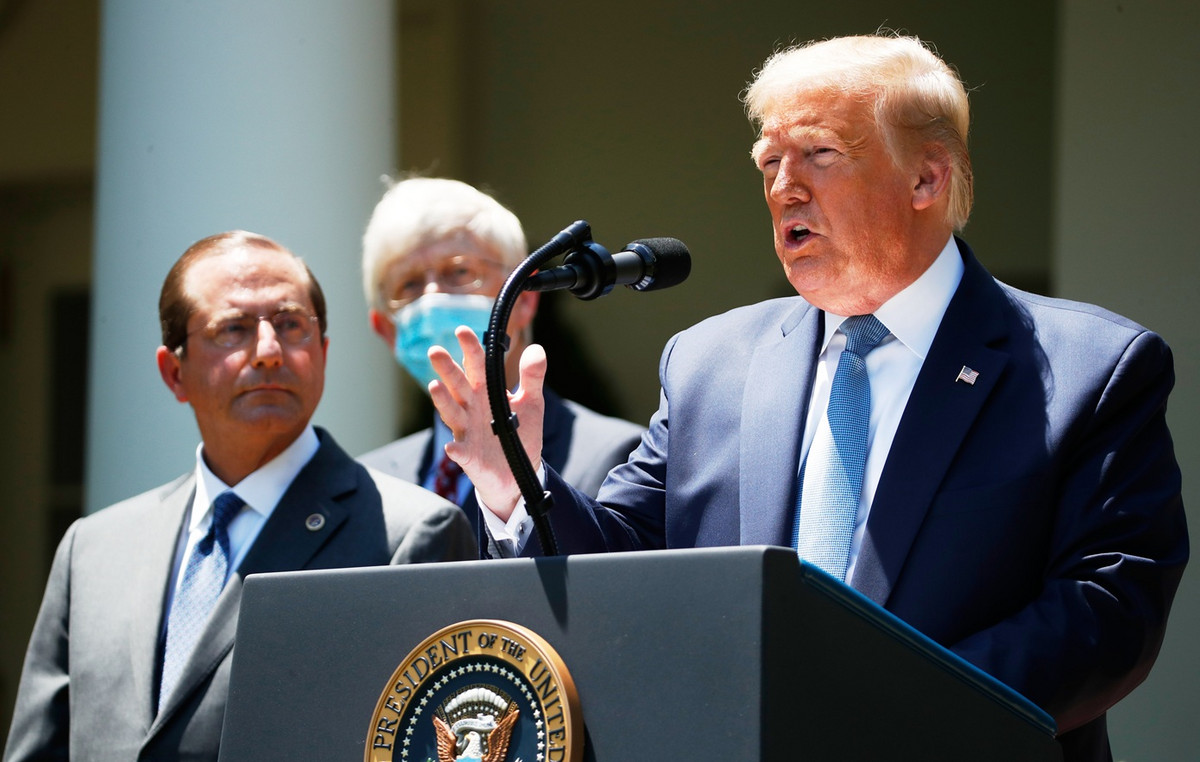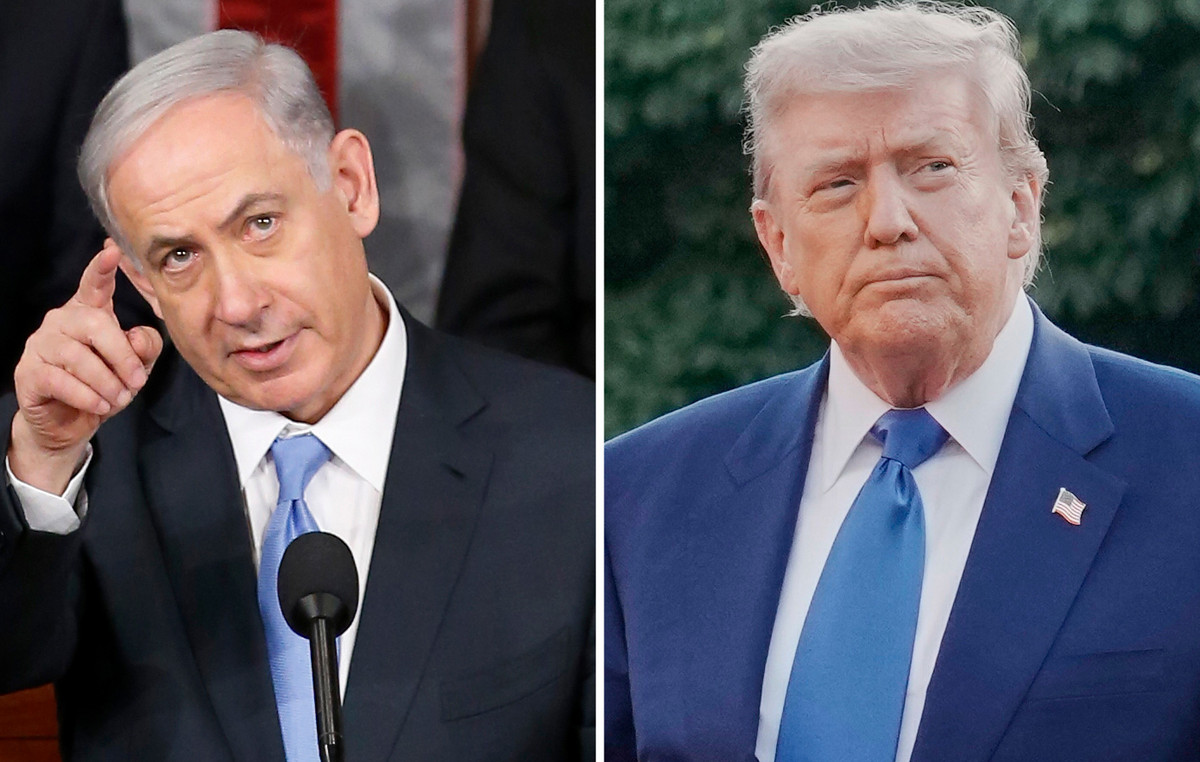Atul Bhatia, an analyst at RBC Wealth Management, believes that government stablecoins can increase the efficiency of payments and international settlements in the future. However, special care must be taken when developing a CBDC, given the status of the US dollar as the world’s reserve currency. The analyst suggested that the US Federal Reserve (Fed) will implement the digital dollar in stages to limit the risks to the payment infrastructure.
“Having a single point of failure for dollar payments around the world is a terrible idea. In one fell swoop, the US will create a target for hackers and intruders, not to mention terrorists and foreign policy rivals, ”the RBC Wealth Management report says.
A centralized, government-controlled, financial information storage facility will raise privacy and security concerns. In the US, federal officials can already gain wide access to individual financial data through the right to subpoena, analysts complain. However, if all financial information is consolidated in one place, this can be abused, Atul Bhatia fears.
However, CBDC supporters argue that the criticism of government digital currencies is unfounded. Digital Dollar Project CEO Jennifer Lassiter says it’s important to understand how different levels of privacy can be achieved in CBDCs. This could be a competitive advantage over traditional finance, Lassiter said.
Recently, US presidential candidate Vivek Ramaswamy called the digital dollar a serious threat to the freedom of American citizens. The politician fears that the government will be able to track where people will spend money.
Source: Bits
I am an experienced journalist, writer, and editor with a passion for finance and business news. I have been working in the journalism field for over 6 years, covering a variety of topics from finance to technology. As an author at World Stock Market, I specialize in finance business-related topics.







